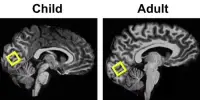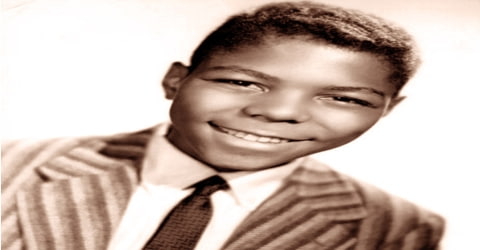A monothematic delusion is a type of delusional disorder characterized by an individual’s preoccupation with a single theme or set of related themes. It is a delusional state that only concerns one topic. Delusions are false beliefs that are resistant to reason or contrary evidence, and they are not explained by the individual’s cultural or religious background. This is in contrast to what is sometimes referred to as multi-thematic or polythematic delusions, in which the person has a variety of delusions (typically in the case of schizophrenia).
In the case of monothematic delusions, the individual is usually relatively coherent and logical in areas other than the specific delusional theme. This means that the person may appear rational and function reasonably well in other aspects of life despite the presence of the delusion.
These disorders can occur alongside schizophrenia or dementia, or they can occur in the absence of any other signs of mental illness. When found outside of the context of mental illness, these disorders are frequently caused by organic dysfunction as a result of traumatic brain injury, stroke, or neurological illness.
Monothematic delusions can take various forms, such as paranoid delusions, in which the person believes they are being targeted, spied on, or persecuted by others. Other common themes include delusions of grandeur, in which people believe they have special powers, abilities, or an extraordinary identity. Delusions related to jealousy, love, and somatic concerns (concerns about the body) are also possible.
People who have these delusions as a result of organic dysfunction frequently do not have any obvious intellectual deficiency or other symptoms. Furthermore, some of these people are aware that their beliefs are strange, but they refuse to be convinced that they are false.
Treatments
Treatment for monothematic delusions often involves psychotherapy, particularly cognitive-behavioral therapy (CBT), which aims to challenge and modify the irrational beliefs. In some cases, antipsychotic medications may be prescribed, but their effectiveness can vary.
Understanding and addressing monothematic delusions can be challenging, as individuals with this condition may be highly resistant to changing their beliefs. The impact of these delusions on daily functioning can also vary, with some individuals able to maintain a relatively normal life despite their false beliefs, while others may experience significant distress or impairment.
















